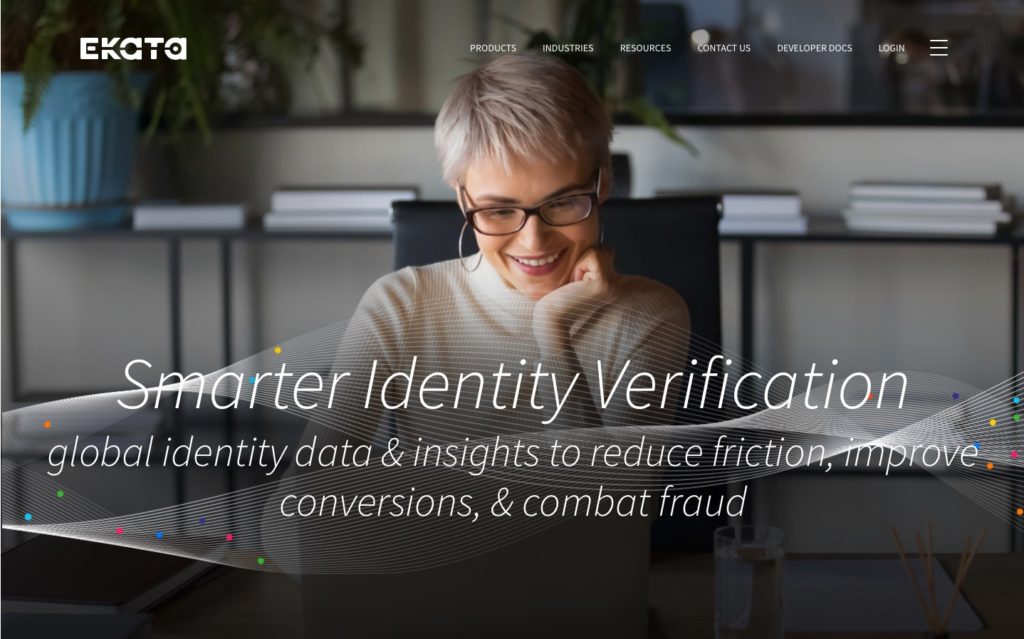
Along with the fanfare surrounding so-called meme stocks and the “power of the individual trader” last year, there was a dark side. Investing and trading platforms that had embraced gamification were being accused of not fully preparing their customers for the dangers involved in stock trading – especially in volatile, illiquid stocks. Critics demanded that these platforms spend more time – and money, if necessary – educating their customers for their own benefit as well as for the good of the investing and trading industry, which has recovered impressively since the dot.com bust 20 years ago.
This is the spirit in which we take the news that Stash, a New York-based, mobile-first investment platform that made its Finovate debut in 2017, has acquired financial literacy platform PayGrade. The terms of the deal were not disclosed, but the acquisition marks Stash’s first acquisition and its biggest fintech news headline since a whopping $125 million Series G fundraising back in February.
Brandon Kreig, CEO and co-founder of Stash said that the acquisition was an example of the company’s mission to “empower everyday Americans to invest for the future.” He noted that personal finance education is not emphasized in American schools – with 43 out of 50 states not requiring coursework in personal financial management – and that an overwhelming number of American adults – as much as 80% – live “paycheck to paycheck.”
“With PayGrade,” Kreig explained, “Stash will provide teachers, parents, and children with interactive tools to learn effective money management skills that will last a lifetime.”
Stash enables users to begin investing on its platform with as little as $1 a month. The company’s “Stash Beginner” program allows investing – including fractional share investing – as well as banking, portfolio recommendations, savings strategies, and a Stock-Back card that helps users earn stock every time they use the card for shopping. Stash also offers Growth and Plus plans that add features such as portfolios for children, premium research, and enhanced bonuses for using the Stash Stock-Back card.
Purchasing PayGrade is not the only way that Stash will support the cause of financial literacy this year. Stash’s acquisition news arrived just a few days before the company announced that it was partnering with the Suh Family Foundation and the Big Yard Foundation to launch a financial literacy program over the summer. Dubbed the Stash101 Summer School, the program will be conducted in partnership with Portland Public Schools and will give 160 middle school students an introduction to vital money management and wealth building.
“From investing and banking to education and retirement planning, we believe everyone has the power to achieve greater financial freedom—one step at a time.” Krieg said. “We’re thrilled to deepen our commitment to childhood education through Stash101 and this special summer school program in Portland with the Suhs and Big Yard. It’s going to be a tremendous four weeks for the kids.”
Stash101 is part of the Portland Interscholastic League Trajectory Math Program, which provides additional learning resources for historically underserved students. The course will include a simulated economy experience in which the students will complete tasks like renting desks, while earning a salary and learning about the difference between savings and credit. The classes will be held between July 6 and July 27 at a pair of schools in the Portland School system.
Photo by Anna Nekrashevich from Pexels























